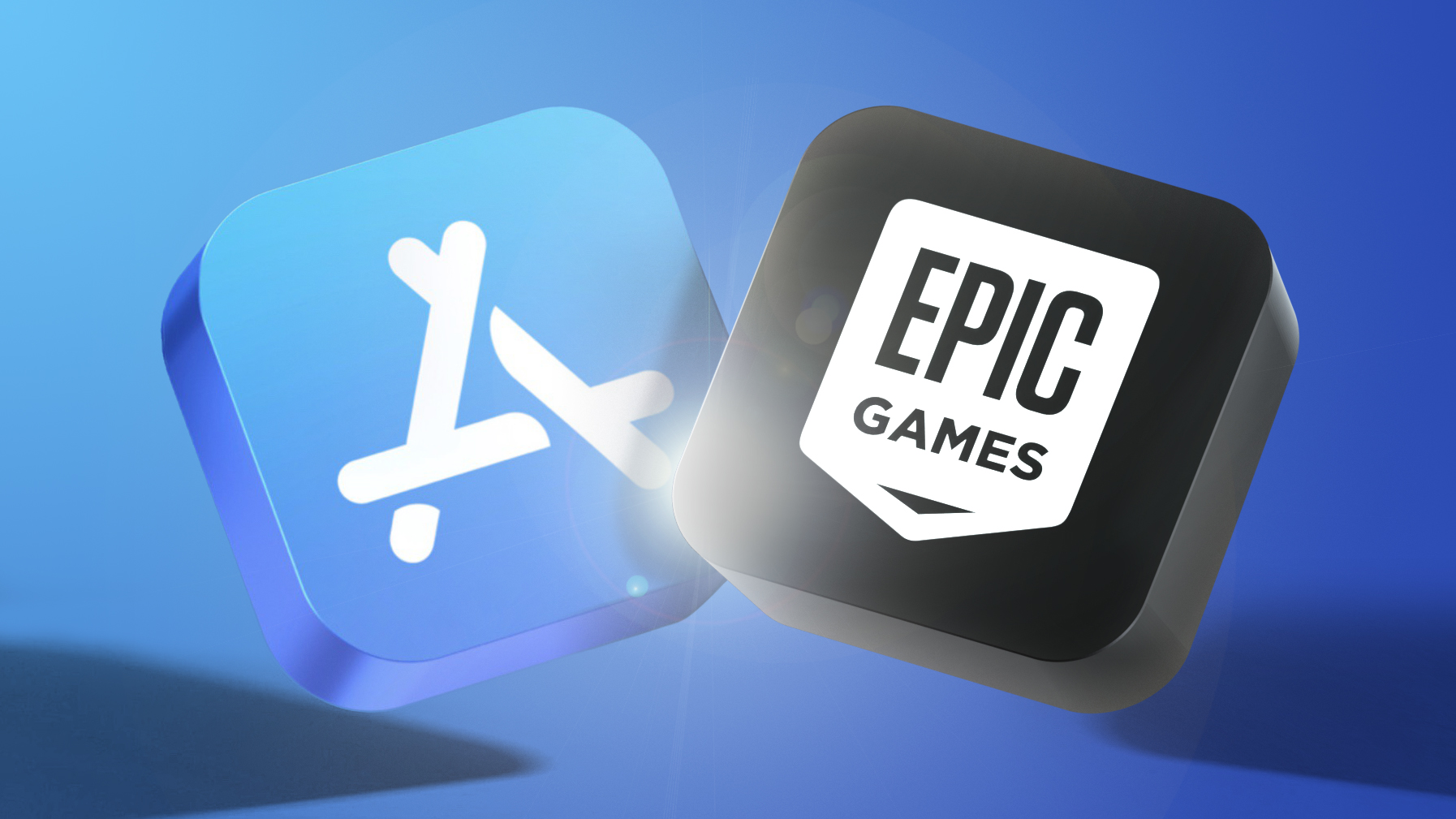![]()
Startup accelerator and venture capital firm Y Combinator (YC) today filed an amicus brief supporting Epic Games in Epic's continued legal fight with Apple. Y Combinator says that Apple's "anti-steering restraints" have long inhibited the growth and development of technology companies that monetize goods and services through apps.
The company calls on the court to deny Apple's appeal and uphold the order that required Apple to change its App Store linking rules in the United States.
Back in April, Apple was found to be violating a 2021 injunction that required it to let developers direct customers to third-party purchase options on the web using in-app links. Apple had implemented a system for developers to link to external websites in their apps, but it charged an up to 27 percent fee to do so.
Apple was found to be in "willful violation" of the anti-steering injunction, and it was ordered to allow developers to freely link to purchase options outside of the App Store with no fees or restrictions on link format. Apple
implemented those changes, but
also filed an appeal, so there is potential for the decision to be walked back. Epic Games and now Y Combinator are aiming to prevent Apple from being able to revert to its old App Store rules around linking.
Y Combinator says that it has "long been hesitant" to support app-based businesses subject to "the Apple Tax" because they were poor investments.
The enforcement order that's currently in place has already created renewed investor interest in app-based business models that were previously not feasible, according to Y Combinator. The company believes that Apple adds minimal value for the fees that it collects.
Y Combinator suggests that the court end Apple's anti-steering restraints permanently to promote innovation and to allow tech startups to freely compete.
Article Link:
Y Combinator Files Brief Supporting Epic Games, Says App Store Fees Stifle Startups



